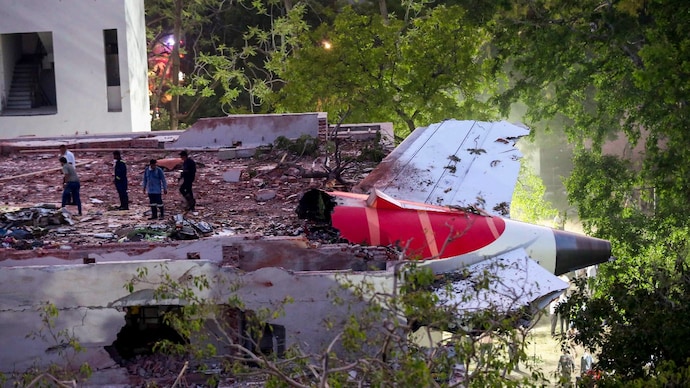
New Delhi: Air India has confirmed that inspections of its Boeing 787 and Boeing 737 aircraft have revealed no faults in the fuel control switch (FCS) locking mechanisms. The airline conducted these checks as a precautionary measure following the tragic crash of an Air India flight in Ahmedabad on June 12.
A preliminary investigation by the Aircraft Accident Investigation Bureau (AAIB) had found that the aircraft’s fuel control switches, responsible for supplying fuel to the engines, were turned off just seconds after takeoff. The flight, a Boeing 787-8 Dreamliner, crashed into a hostel building in Meghaninagar, killing 260 people, including 19 on the ground.
In response to safety concerns raised by the preliminary findings, India’s aviation regulator, the Directorate General of Civil Aviation (DGCA), issued a directive last month mandating checks of the FCS systems on Boeing aircraft operating within the country.
Air India stated on Tuesday, “No issues were found with the said locking mechanism during the inspections. Air India had initiated voluntary inspections on July 12, ahead of the DGCA directive, and completed them within the prescribed timeline. The same has been communicated to the regulator. Air India remains committed to the safety of passengers and crew members,” an airline spokesperson said. The inspections covered aircraft in both the Air India and Air India Express fleets and were conducted according to DGCA safety protocols.
While the AAIB’s initial report highlighted that the fuel supply to the engines was cut off almost immediately after takeoff, the exact cause of the switch-off, whether accidental, mechanical, or intentional, remains unclear. The latest inspections aim to ensure that such a malfunction does not occur on current or future flights. The incident has raised serious concerns about safety systems and prompted widespread scrutiny across the aviation sector.
Also Read: PM Modi Reacts to Jagdeep Dhankhar’s resignation, Wishes Him Good Health




